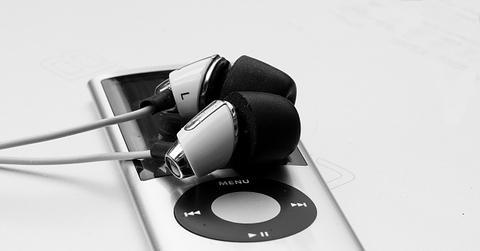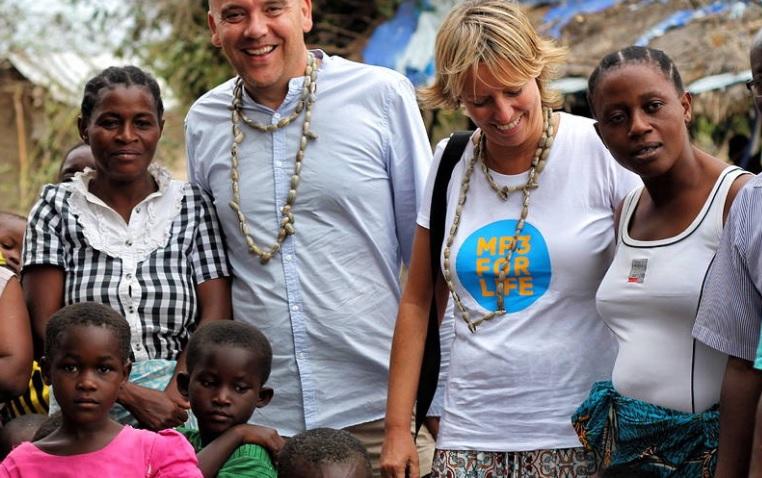Women In Africa Are Learning To Read Using These Solar Powered MP3 Players
Africa has an ongoing education problem and over half of the children that aren't in school are female. An organization is hoping to fix that problem by bringing solar-powered MP3 players loaded with information on health, family, and work-related topics.
Updated May 22 2019, 4:29 p.m. ET
Education is still very lacking throughout Africa. While resources have improved over the years, two-thirds of children across the continent are still unable to pass basic literacy tests. The style of teaching also hasn’t improved for over a hundred years in many schools. It’s a troubling trend for the future of the continent, but one dedicated organization is hoping that they can fight it by teaching through audio files.
Over half of children not attending school in Africa are women. 52 percent that do make it in places like Tanzania, a country in Eastern Africa, get to secondary education. Even less than that are able to complete it. A number of them will grow up and not know much information on their health or taking care of their family.
This prompted the organization, URIDU, to step up. It’s a German-based “organization that empowers rural women in developing and emerging countries,” according to their official website. The non-profit was created by Felicitas and Marcel Heyne, and the idea was spawned after seeing how illiterate mothers didn’t know how to tend to their sick children’s needs.
In collaboration with Tanzania’s Ministry for Health and Social Warfare, URIDU released the MP3forLife Player, or known simply as the URIDU Play. This device was an MP3 player that was solely ran on solar power. The machines are equipped with over 400 questions and answers on various health topics. Those that live in Tanzania are able to get the product for free.
All the information is stored into the “Uridupedia” and it is geared mostly toward adult women. There’s a large number of health topics that are available, such as hygiene, sexually transmitted diseases, disabilities, cancer, mental health, and much more. It ranges from basic knowledge to slightly more advanced information, but all of it is vital. They also span family information such as conflicts, abortion, and violence against women. Additionally, they cover a wide variety of topics when it comes to safety in work locations.
Once a topic is selected, there’s a variety of questions to choose from. For example, under “Nutrition,” some questions are: “Which helper foods should I eat regularly?” and “How can poor nutrition cause diseases?”
What’s unique about the service is the ability to create discussion among a group of people. The goal was not to create an “audiobook,” but for women to feed off of situations they’ve dealt with and “to create a team spirit among them.” It’s also extremely versatile -- eight different languages are available: Arabic, Indonesian, English, Spanish, French, Swahili, Filipino, and Vietnamese.
There’s also a mobile version of the “Uridupedia.” It can be accessed for free directly at their .com extension. For those that are literate, it provides a quicker way to obtain the information. All the topics are divided up and split into bullet points or short paragraphs. The page is also set up so it’s easy to load, compatible with just about any mobile device, and doesn’t require much data.

